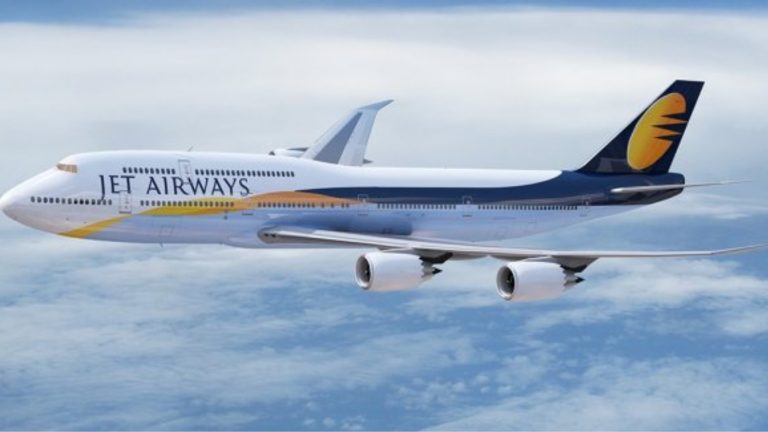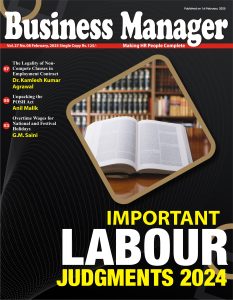The Supreme Court on Tuesday emphasised that a beneficial law like the Industrial Employment (Standing Orders) Act, 1946 (Act) cannot be overridden by employers through settlements or contracts which effectively curtail workers’ rights and dues [Bharatiya Kamgar Karmachari Mahasangh vs M/s. Jet Airways Ltd].
The Court held that an employer may override Model Standing Orders issued under the 1946 Act only if the agreement to override the Standing Order is more beneficial to the employees.
“We have no hesitation in saying that it is a special Act expressly and exclusively dealing with the schedule-enumerated conditions of service of workmen in industrial establishments … Any settlement, the employee Union enters into with the Employer would not override the Model Standing Order, unless it is more beneficial to the employees,” the Supreme Court held.
In this case, the bench of Justices Abhay S Oka and Sanjay Karol observed that the provisions of the Bombay Model Standing Order for workmen could not have been waived by Jet Airways with respect to workers it had engaged for various tasks through fixed term contracts.
“A workman who has worked for 240 days in an establishment would be entitled to be made permanent, and no contract/settlement which abridges such a right can be agreed upon, let alone be binding. The Act being the beneficial legislation provides that any agreement/contract/settlement wherein the rights of the employees are waived off would not override the Standing Orders,” the bench noted.
Also read: Rajasthan becomes first state in clearing bill granting social security to gig workers
The observations came while setting aside orders of the Bombay High Court and the Central Government Industrial Tribunal (CGIT) that had rejected the demand of 169 workmen of the Bharatiya Kamgar Karmachari Mahasangh (appellants) for reinstatement with full back wages.
The appellants were treated as temporary loader-cum-cleaners, drivers, and operators by Jet Airways despite completing over 240 days of regular work. Disputes arose after their fixed-term contracts were not renewed.
A settlement was reached in 2002 between the airlines and another union, the Bharatiya Kamgar Sena, which dropped the demands for back-wages and permanency.
The Mahasangh then moved the CGIT for relief. The tribunal, relying on Section 25-H of the Industrial Disputes Act, held that it was not a case of retrenchment since a non-renewal of fixed-term contracts did not amount to retrenchment.
The High Court also ruled against the workers, finding that there was no scope for no re-employment.
This led to the appeal before the Supreme Court.
The top court noted that it was settled law that the State government is the ‘appropriate authority’ to issue Standing Orders under the Industrial Employment (Standing Orders) Act. The bench underscored that such certified standing orders have statutory force.
“The Standing Order implies a contract between the employer and the workman. Therefore, the employer and workman cannot enter into a contract overriding the statutory contract embodied in the certified Standing Orders,” the Court explained.
Further, the bench found that the courts below had erred in holding that the airlines had no option but to not renew the contracts due to policy changes and that settlements can alter service conditions mandated in Standing Orders.
The Court proceeded to allow the union’s appeal and clarified that the workers of the appellant-union were entitled to all benefits due as per the Bombay Model Standing Order.
Senior Advocate Sanjay Singhvi with Advocates Nitin S Tambwekar and Seshatalpa Sai Bandaru represented the Bharatiya Kamgar Karamchari Mahasangh.
Advocates Ujjwal A Rana and Himanshu Mehta briefed by Gagrat And Co appeared for Jet Airways Limited.
Stay connected with us on social media platform for instant update click here to join our LinkedIn, Twitter & Facebook


























